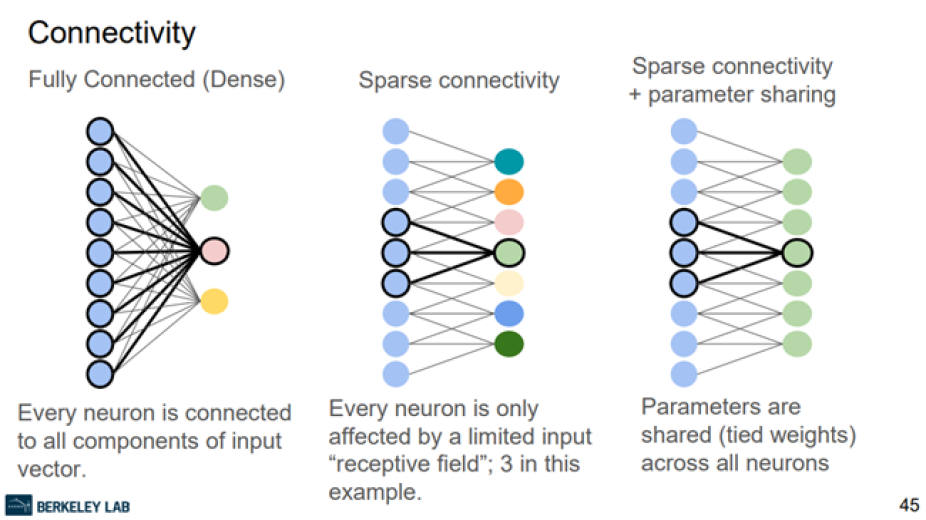AI4ESS summer school exceeds expectations with remote attendance
Successfully putting on a week-long interactive course remotely is no small accomplishment. In the case of the Artificial Intelligence for Earth System Science (AI4ESS) Summer School in June, the need to connect via technology because of pandemic travel restrictions resulted in reaching hundreds of students who could not have attended otherwise.
Rich Loft, director of CISL’s Technology Development Division (TDD) and a member of the AI4ESS organizing committee, noted in opening remarks that around 80 students might have been able to attend in person. As it turned out, more than 2,400 attended remotely the first day and an average of 1,500 attended each day from June 22-26. More than 150 students participated in hackathon activities during the week, according to TDD machine learning scientist David John Gagne, who led the organizing committee.
“The week greatly exceeded my expectations,” Gagne said. “I was excited by not only the large attendance but also the level of engagement with the lectures and hackathon. Both spurred a lot of great discussion.”

Slide from a presentation on deep learning by Karthik Kashinath, Lawrence Berkeley National Laboratory.
He said the summer school’s success resulted from “the dedicated effort from the organizing team and lecturers, who all put in long hours before and during the workshop to prepare the material, handle problems, and answer questions as they arose” and from the collective effort by many others who helped with video streaming, hackathon tasks, data, and code.
Gagne gave special thanks to organizing committee member Taysia Peterson, a CISL administrative assistant, “for her extraordinary efforts in administering the summer school.” Peterson said organizers had to prepare in two months what would normally take six or seven. They were able to use UCAR webcast resources as a virtual venue for livestreaming lectures and handled questions and answers with Slido. Extra interest in the virtual hackathon further complicated the project.
"With hundreds of people interested in the hackathon, we had to create a lot more five-person teams, add more people to Slack and Google folders, then rearrange teams as some had to drop out just before or even during the event." Communication was complicated, too, she said. "Our hackathon participants weren't able to collaborate in person with other team members, but using Slack was extremely helpful for doing it virtually, especially considering the various time zones our participants were in.” Students joined in from Africa, Asia, Europe, and both North and South America.
Feedback from attendees included:
- "Thank you for organizing a great virtual event, even though that wasn't the original plan! I enjoyed attending the lectures and I learned a lot. It was nice exposure to a lot of machine learning topics in one place."
- "Thank you very much for putting all your hard work to make this event run so smoothly, and bring great value to the participants. I very much enjoyed both the lectures and the hackathon, and I hope there will be a similar event next summer or in the near future. Well done!"
- "Very valuable for countries in development which would not have the same level of resources to attend in person or to pay for such kind of lectures. Excellent community service and extremely well-organized."
The summer school was sponsored by the UCAR President’s Council, the NCAR Director’s Office, the National Science Foundation through its sponsorship of NCAR, and Vaisala, a provider of observation and measurement products and services that is headquartered in Finland. Amazon Web Services provided cloud computing credits to support the event.
Video recordings and slides from presentations are available through links on the AI4ESS web page.